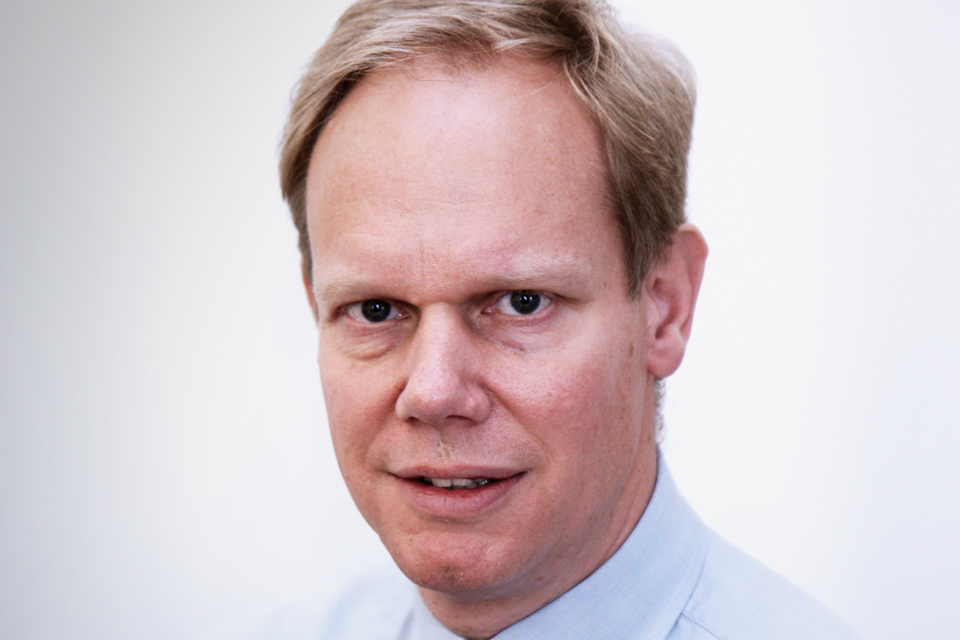"A Hospital should be a safe haven, not a target."
Statement by Ambassador Matthew Rycroft of the UK Mission to the UN at the Security Council Briefing on Healthcare in Armed Conflict

Thank you Mr President,
I join others in thanking the Secretary-General, the ICRC and Médecins Sans Frontières for their important briefings today. This chamber is far removed from the harrowing realities that you have just described; and that your organisations have sadly experienced firsthand. I pay tribute to the bravery of you and your colleagues; it is vital that we hear from you all on issues as important as this.
The United Kingdom welcomes the unanimous adoption of Resolution 2286 today and the work of Egypt, Japan, New Zealand, Spain and Uruguay in preparing it. Coming three weeks ahead of the World Humanitarian Summit, it is a clear signal from this Council of the vital need for respect for international humanitarian law, for the protection of civilians and for accountability for those who fail to provide that respect or that protection.
Medical facilities and personnel have clear protections under international humanitarian law. However, as we have heard, it is sadly necessary to demand compliance with these obligations through this resolution today. Respect for medical neutrality is a tradition that has existed for hundreds of years, but it is slowly unravelling before our very eyes. The red cross or red crescent that adorns a hospital or an ambulance has become a target - in Syria, in Yemen, in South Sudan or in Afghanistan. A hospital must be a safe place, not a target. An ambulance must be a sign of hope, not a target. A doctor or nurse must be a ray of light, not a target.
The doctors of Aleppo know this all too well, as the Secretary General himself reminded us, and as reported today yet another attack against a hospital there show. In a joint letter issued last week, seven Syrian doctors described the bombing of the Al Quds hospital, which killed at least 50 people and injured sixty more. It was the third such attack on the hospital since the conflict began.
“The city is bleeding”, they wrote. “Our friends at the White Helmets continue to pull bodies out from the rubble… Those attacking Aleppo have no regard for the sanctity of life or humanity… soon there will be no medical professionals at all”, end quote.
In a war seemingly without end, without rules, without limits, it is sometimes hard to be shocked. But when a city, no, an entire country, is bleeding, it is sickening to see doctors and nurses – the people who can staunch that bleeding – being killed and maimed.
In that attack, a leading Syrian paediatrician, Dr Mohammad Wassim Maaz was killed. To those who knew him, he was “the bravest and kindest of souls”. His devotion to treating the war’s youngest victims was unparalleled. By day he worked in the children’s hospital, at night he responded to emergencies at Al Quds hospital. As his friend, Dr Hatem put it so poignantly on Facebook this week, he was “killed for saving lives”.
Dr Maaz should have been supported, protected, celebrated even. Instead, he was killed while trying to save others. His story is just one of hundreds to be found in Syria. Over the past five years, the civil society group ‘Physicians for Human Rights’ have recorded 730 killings and 359 attacks on medical facilities. That’s three medical workers killed every week; a medical facility attacked every five days.
At the same time, we’ve seen medical equipment and surgical supplies diverted away from opposition areas. 80,000 medical items were denied entry by the Syrian regime to besieged areas in February, 19,000 in March. The regime is also stopping urgent medical evacuations from these areas. The consequences are horrifying. Two children, injured in a landmine explosion in Buqayn, died after being denied the evacuation that they desperately needed.
Together, this amounts to nothing less than a systematic campaign against medical workers and the entire healthcare system in Syria.
We all know who is responsible. The Asad regime has time and again killed Syrian civilians. They have time and again killed medical workers trying to save those civilians. They have time and again flouted their obligations under international humanitarian law.
If Russia genuinely believes in the commitment we have all just made to protect medical workers, then they will bring their full influence to bear to restrain the Asad regime and bring these merciless attacks to an end.
Mr President,
Today’s resolution sends an important message that this Council will not tolerate attacks on any medical workers or their facilities. We now need to live up to the standards we have just committed to.
Let us start today. This Council has a responsibility to respond to horrific attacks, such as the one on the al Quds hospital that took the life of Dr Maaz and so many others. Aleppo is burning Mr President and its civilians are being killed. We therefore request Mr President an urgent open briefing by the Secretary-General in this chamber on the situation in Aleppo. We look to you Mr President, and to the Secretariat to convene such a briefing as a matter of top priority.
Thank you.